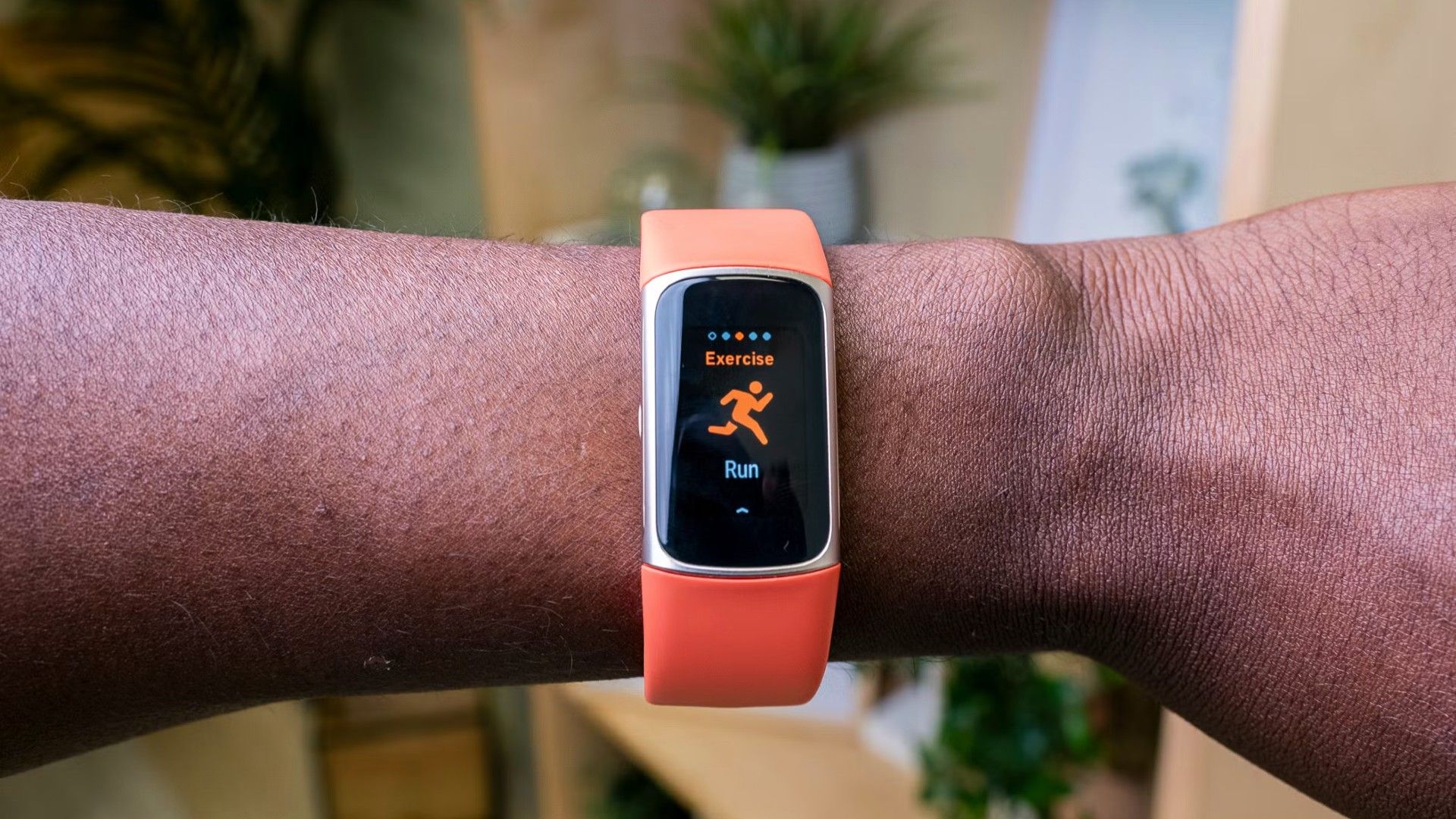Fitbit, a fitness technology company owned by Google, has agreed to pay $12.25 million to the U.S. Consumer Product Safety Commission (CPSC). This is to settle claims that they didn’t quickly report a problem with their Ionic smartwatch, which caused the battery to overheat and led to some customers getting burned.
The problem began with reports from 2018 to 2020, when people using smartwatches experienced overheating issues that caused burns. In early 2020, a software update was released to try to fix the problem, but there were still reports of burn injuries. The CPSC claims that Fitbit had enough information to know that the smartwatches had a defect that could be dangerous, but they didn’t report it to the commission as the law requires.
Burning batteries is already a big deal. It’s not just a warm feeling outside the device but can cause an explosion or fire. It’s incredibly dangerous, and anytime your devices start getting too hot, it’s time to put them down and see if there’s more to the issue.
The CPSC found at least 115 cases of overheating batteries in the U.S., which caused 78 burn injuries. This included two cases of third-degree burns and four of second-degree burns. As a result, Fitbit and the CPSC announced a recall of the Ionic smartwatch in March 2022. According to the settlement, “Fitbit imported and distributed in the United States approximately 1.02 million Fitbit Ionic smartwatches.”
Fitbit has agreed to pay a $12.25 million penalty as part of a settlement, but it is still waiting for public feedback. Additionally, they must set up and maintain strong internal controls and procedures to follow the Consumer Product Safety Act (CPSA). This means improving their safety program, conducting regular reviews of their safety practices, and providing annual reports to the CPSC about their compliance efforts. These reports will include details about their internal controls, their safety policies’ effectiveness, and any problems they find.
Fitbit is required to submit yearly reports that include a detailed description of its compliance program and internal controls. These reports will state whether Fitbit is following the CPSA or explain any reasons for not doing so. They will also cover an internal audit that reviews the compliance program’s effectiveness, looking for areas that can be improved and identifying any weaknesses.
Additionally, Fitbit must keep all records related to the CPSA for at least five years and make them available to CPSC staff if requested. The agreement also stresses that Fitbit should cooperate with the CPSC during the investigation and settlement process. As with many settlements, keep in mind that this settlement does not mean Fitbit admits to any wrongdoing.
Sources: TechCrunch, CPSC





